
Halford Mackinder's Geographical Pivot of History Introduction to
Sir Halford John Mackinder (hăl´fərd, məkĬn´dər), 1861-1947, English geopolitician. Educated at Oxford (1887-1905), he led in the revival of British geographical learning. He established geography as an academic subject, teaching at the universities of Reading and London, and was (1903-8) director of the London School of Economics.
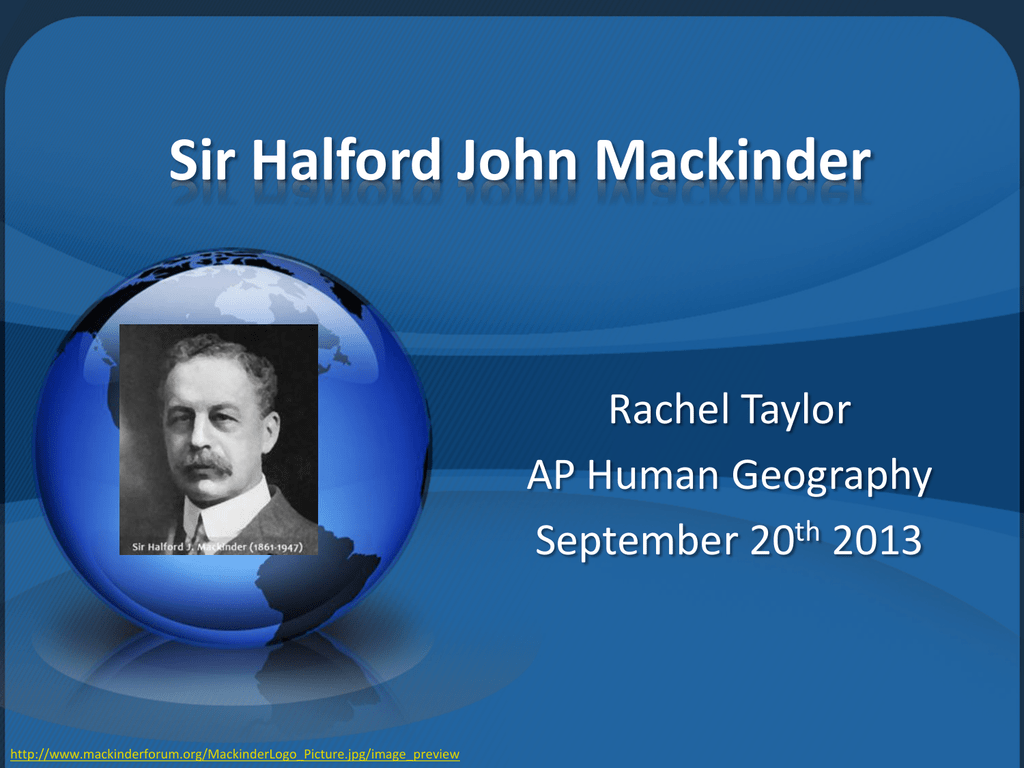
Sir Halford John Mackinder
Halford John Mackinder. Sir Halford John Mackinder (February 15, 1861 - March 6, 1947), was an English geographer and politician. He was knighted for his work in 1920. Mackinder was instrumental in establishing geography as a unified and recognized academic discipline. He is famous for his geopolitical conception of the globe as divided into.
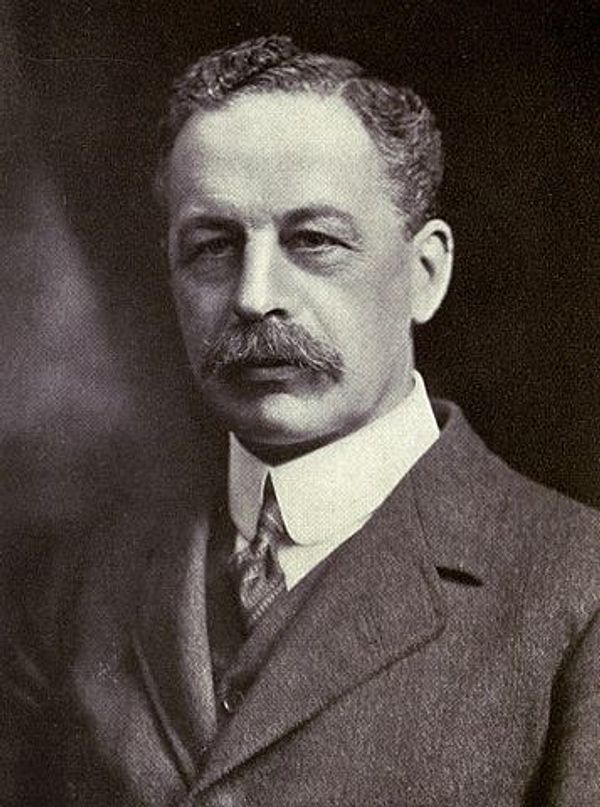
Halford Mackinder’s Last View of the Round World The Diplomat
2. On Mackinder's influence on current debates in international affairs, see for example B. Blouet (ed), Global Geostrategy: Mackinder and the Defence of the West (London, 2005); G. Kearns, Geopolitics and Empire: The Legacy of Halford Mackinder (Oxford, 2009); A. Sengupta, Heartlands of Eurasia: The Geopolitics of Political Space (Plymouth, 2009); R. D. Kaplan, The Revenge of Geography: What.
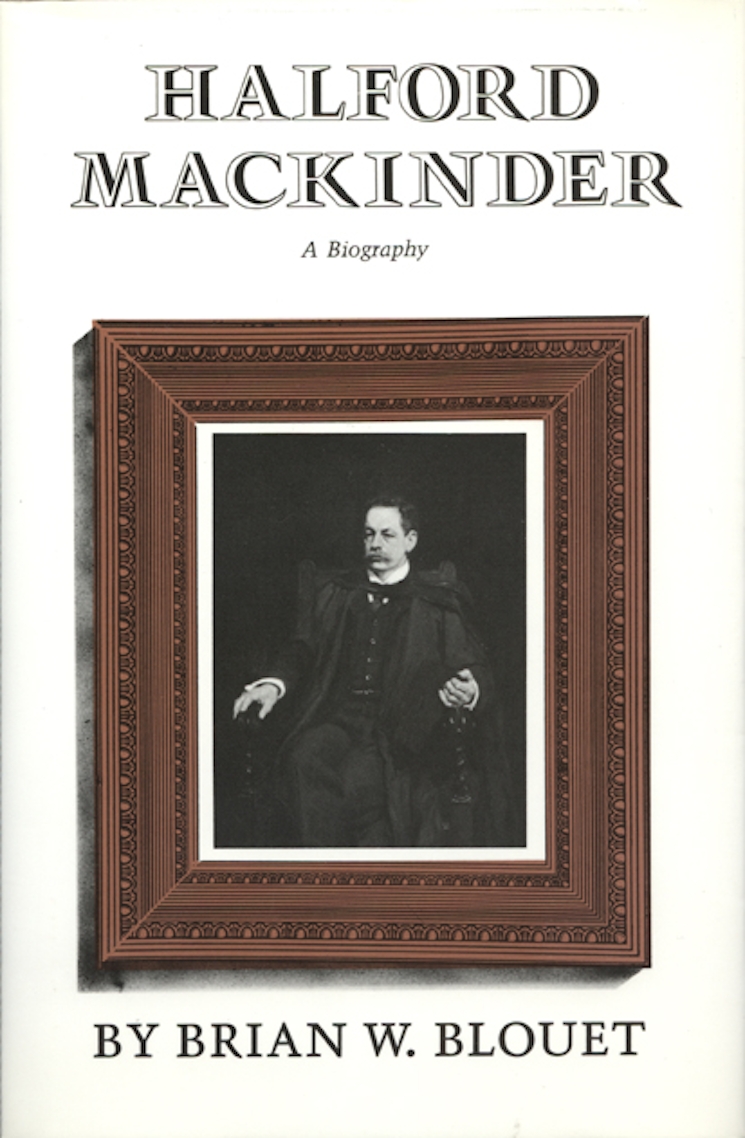
Halford Mackinder
Sir Halford John Mackinder (1861 - 1947) was an English geographer, academic, politician, the first Principal of University Extension College, Reading (which became the University of Reading) and Director of the London School of Economics. In January 1910 he was elected to Parliament as Liberal Unionist Party member for the Glasgow Camlachie.

Nasz prezydent, wasz prezydent zmianynaziemi.pl
Halford John Mackinder, who has enjoyed considerable recognition as a founder of modern geographical study, achieved a widespread renown over a decade ago as the pioneer of the "science of geopolitics" of which Hitler had become a disciple. His other accomplishments, however, have been rather neglected, especially his work as an.

The Geographical Pivot of History by Sir Halford John Mackinder Goodreads
Sir Halford John Mackinder was an English geographer, academic and politician, who is regarded as one of the founding fathers of both geopolitics and geostrategy. He was the first Principal of University Extension College, Reading from 1892 to 1903, and Director of the London School of Economics from 1903 to 1908. While continuing his academic career part-time, he was also the Conservative and.

“Halford John Mackinder” di M. Roccati Halford John Mackinder Il
H. J. MACKINDER AND THE NEW. GEOGRAPHY. J. F. UNSTEAD. part The of foundations the nineteenth of century the "New by a Geography" group of men among in Britain whom were Sir Halford laid in the latter. Mackinder was the most outstanding figure. This essay is an attempt to. assess the part played in the work by Mackinder, and to throw some light.
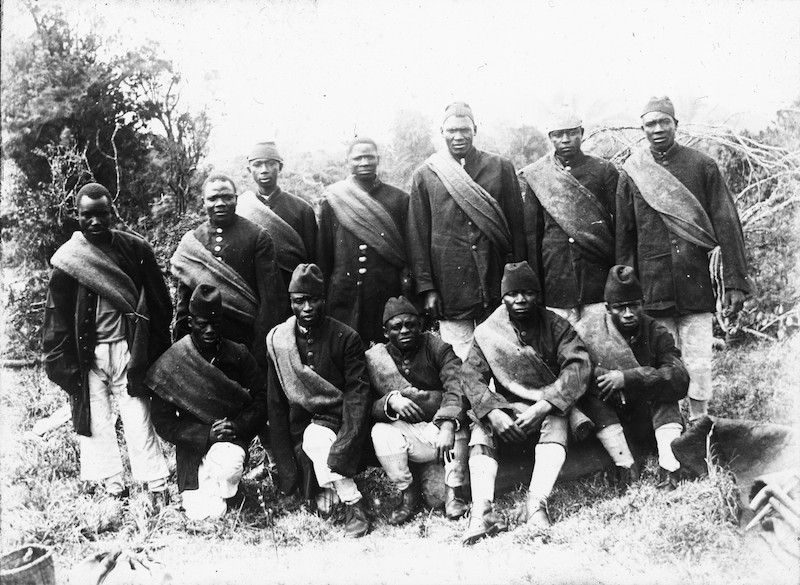
Geography and Empire Sir Halford Mackinder in Oxford, 18801905
The father of geopolitics. A hundred years ago Halford Mackinder warned of the threat of global domination from the east. His theories influenced Hitler and are now having a revival - for better and for worse. Portrait of Halford John Mackinder (1861-1947), There is no official date for this image, taken c. 1891, 1981.
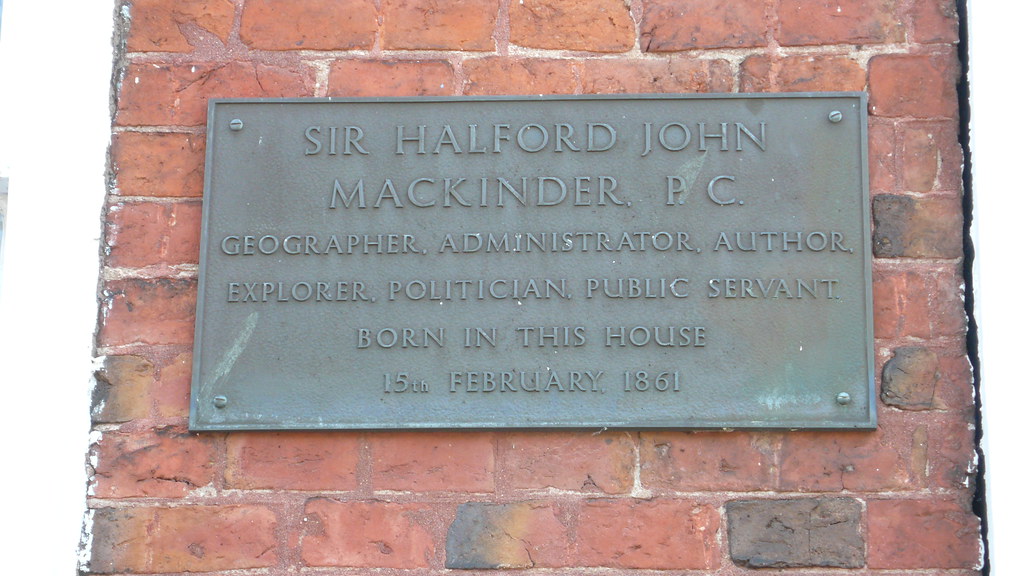
Sir Halford Mackinder Plaque on Elswitha Hall. In 1899 Sir… Flickr
Under this argument the paper seeks to find out the relevancy of the "Heartland Theory" of Mackinder in the foreign policy of the United States and Russia. The Heartland consists of Russia and Central Asia (Kazakhstan, Kyrgyzstan, Tajikistan, Turkmenistan, and Uzbekistan). The collapse of the USSR in 1991 followed the independence of the.

Ambiente natural, organización política y acción coercitiva notas
FIFTY years ago Halford John Mackinder delivered a lecture on "The Geographical Pivot of History" before the Royal Geographical Society in London. Supported by five diagrams, it was published by the Society in April 1904,[i] together with comments by several students of geography. Probably few who read the lecture in 1904 guessed that Figure 5, bearing the caption "The Natural Seats of Power.

Mackinder and the Geopolitics of the First World War RealClearHistory
This was recognised by Sir Halford Mackinder (1861-1947) one of the founders of modern geopolitical theory. The three versions of the heartland theory: 1904, 1919, and 1943 are explained in the.

The Gathering of Dreams The Geographical Pivot of History in Mackinder
Sir Halford John Mackinder (15 February 1861 - 6 March 1947) was an English geographer, academic and politician, who is regarded as one of the founding fathers of both geopolitics and geostrategy. He was the first Principal of University Extension College, Reading (which became the University of Reading ) from 1892 to 1903, and Director of the London School of Economics from 1903 to 1908.
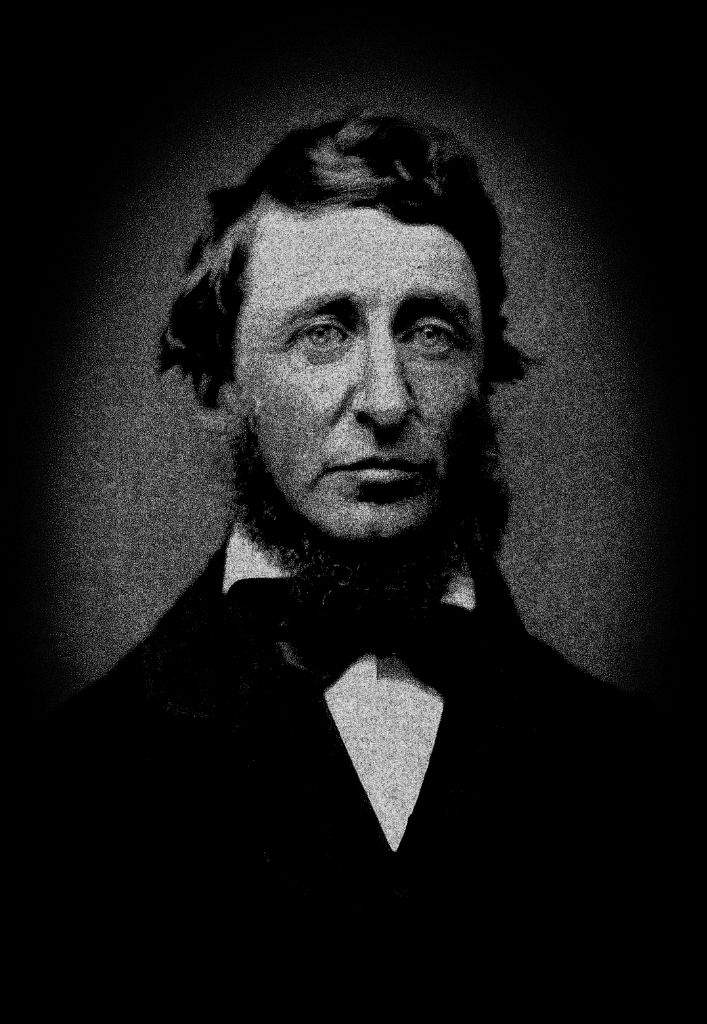
Halford John Mackinder Wiki Política Universal Amino
Refresh and try again. Rate this book. Clear rating. 1 of 5 stars 2 of 5 stars 3 of 5 stars 4 of 5 stars 5 of 5 stars. Democratic Ideals and Reality. by. Halford John Mackinder. 4.09 avg rating — 97 ratings — published 1919 — 93 editions. Want to Read.

The father of geopolitics
Mackinder, Halford John, Sir, 1861-1947. Publication date 1919 Topics League of Nations, Sociology, Geography, World politics, World War, 1914-1918 -- Peace Publisher London : Constable and Company, ltd. Collection cdl; americana Contributor University of California Libraries Language

Θεόδοτος Η ΓΕΩΠΟΛΙΤΙΚΗ ΘΕΑΣΗ ΤΟΥ HALFORD J. MACKINDER ΜΙΑ ΙΣΤΟΡΙΚΗ
SIR HALFORD JOHN MACKINDER (1861-1947) was a British political geographer and academic, who is regarded as one of the founding fathers of geopolitics and geostrategy. He was the first Principal of University Extension College, Reading, from 1892 to 1903, in 1895 a founder of the London School of Economics, and the Member of Parliament for Glasgow Camlachie from 1910 to 1922.

Halford John Mackinder YouTube
The Planet's Pivot Area in Mackinder's Theory. The geopolitical situation of the early 21st century gave a new boost to studies of the regional structuralization principles for the geopolitical and geo-economic space of the entire Eurasian continent.1 This revived the conceptions formulated by Halford Mackinder in the early 20th century and.